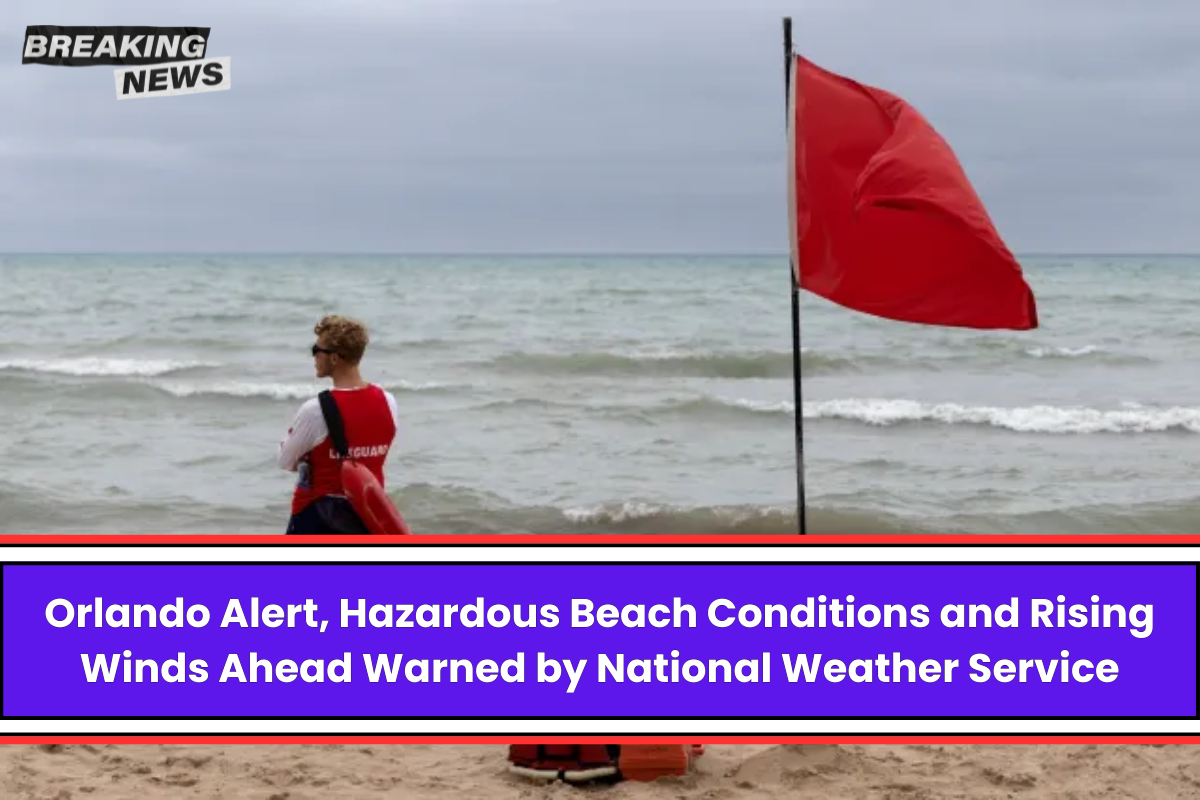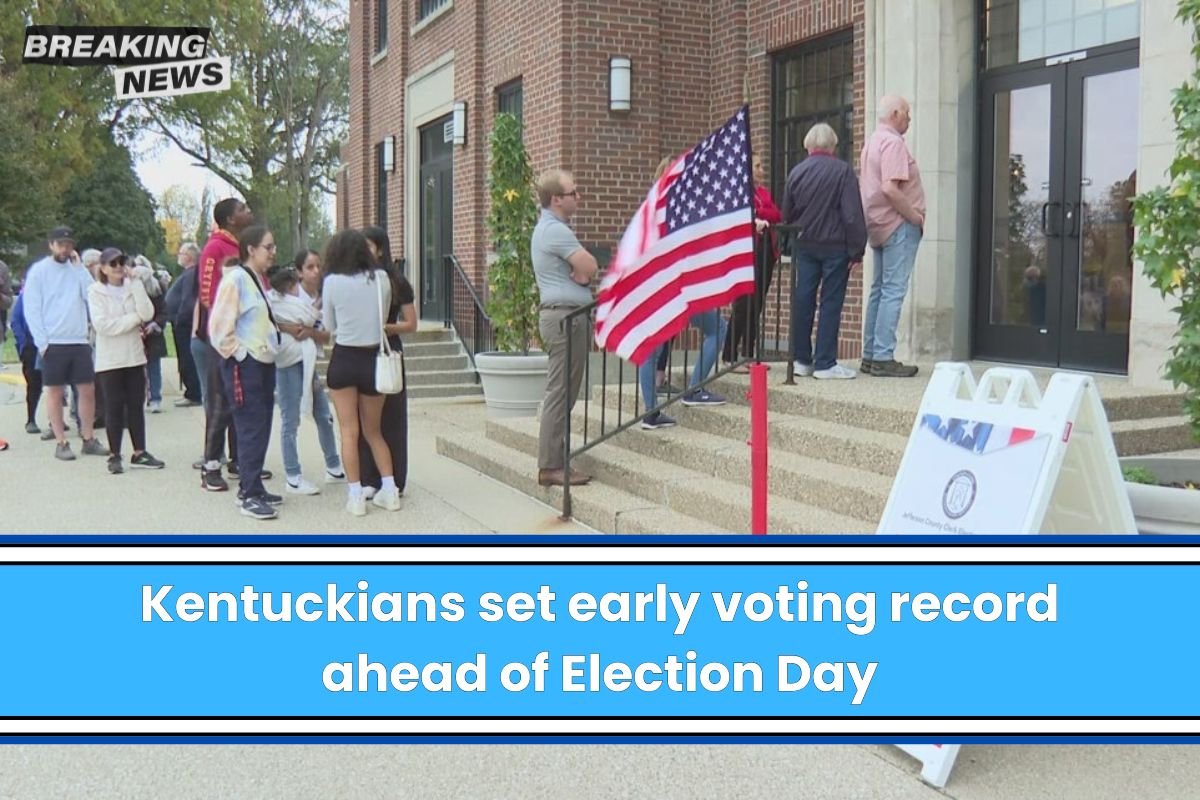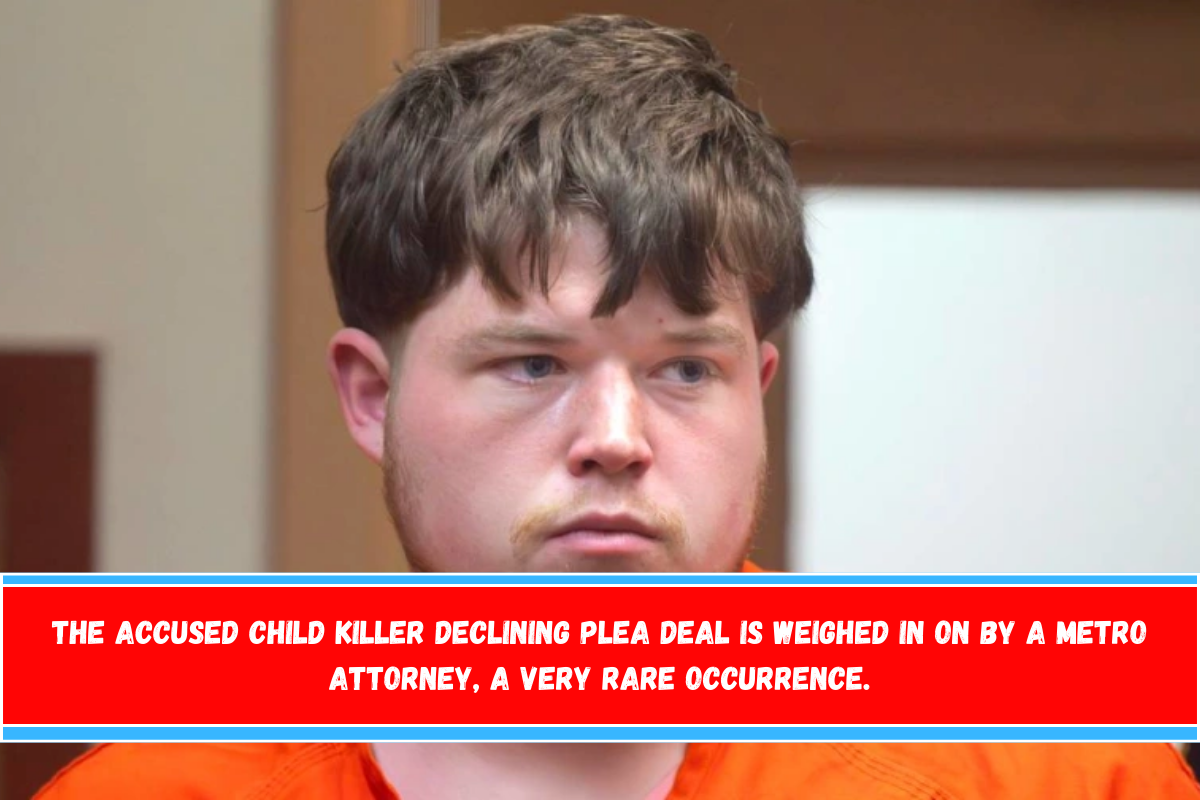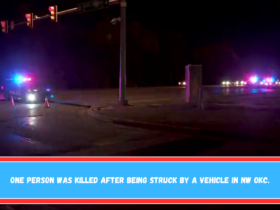A metro lawyer says Alysia Adams may have turned down a plea deal Wednesday because she felt pressured to do so. The deal was related to a first-degree murder case.
Adams is the babysitter who is being charged with killing Athena Brownfield, who was 4 years old. The little girl went missing in January 2023, and her body was found in a field in Rush Springs.
At a meeting on Wednesday, the deal was supposed to be talked about, but Adams pulled out of the deal minutes before the hearing was supposed to start.
The state said that having made that call means that the death sentence could be used against her if she is found guilty.
Robert Gifford, a criminal defense lawyer in Oklahoma City, said, “I would say it’s very rare.” He was asked to comment on how odd Adams’ move was.
Gifford says Adams may have changed her mind for a number of reasons, such as if she thinks she is innocent or because of how big the choice was.
“This is a choice that very few people ever have to make. They have to know what they’re doing and what it means,” Gifford said. “Someone needs to say, ‘This is not how it happened, This is not what I did, or I didn’t do this at all.'”
However, Gifford says that Adams’ lawyers could have made a suggestion, but she chose to accept the plea on her own. He says that this means that the process getting to trial will be very long and hard.
In this case, Gifford said, “death is different,” which is a well-known phrase for criminal death sentence cases. “This is very different.
When you’re facing the death sentence, you don’t act like you would in any other case. You need to have enough tools. Someone needs to look into it. Someone who specializes in prevention must be hired.
Gifford says that’s on top of having a co-counsel and a lot of witnesses. He says that comparing the two would be like comparing apples and oranges in a normal criminal case.
Gifford also talked about how much the case has already been covered by the media and how that could make it harder to find a fair jury pool.
“The media usually talk about any case that could lead to the death penalty,” Gifford said. “The people in the community are well aware of the accusations that are being made.
That means the defendant and his or her lawyer have a long way to go to get the jury to remember what their job is. That the state or government has to prove what they say they will do. A reasonable doubt must be shown, which is the highest bar under the law.
Gifford doesn’t think the case will go to trial any time soon. He thinks it might take a little more than a year. He also said that the emotional toll that a guilty verdict and the death sentence would have on the whole family would not end when the trial did.
She said, “It’s still not over because there will be many levels of appeal that will last for many years. The family will never really get closure.”
All rights are held by Nexstar Media, Inc. until 2024. You are not allowed to print, broadcast, rewrite, or give this information to other people.














Leave a Reply